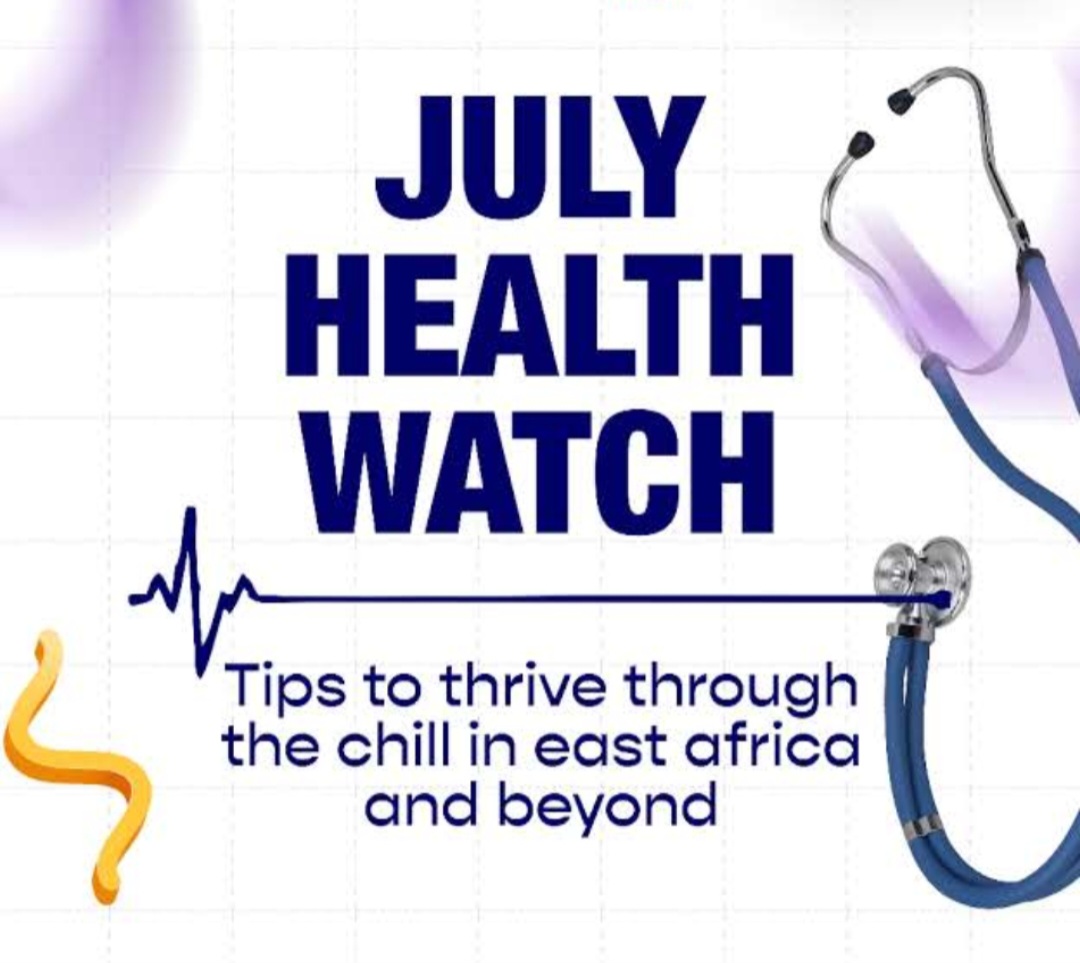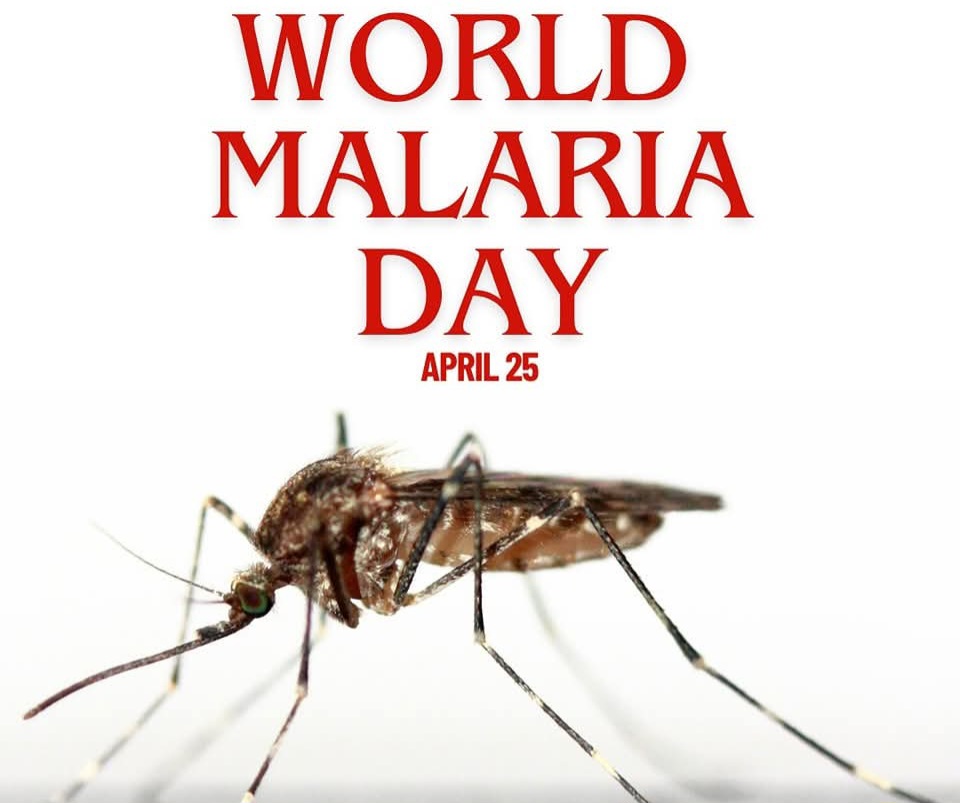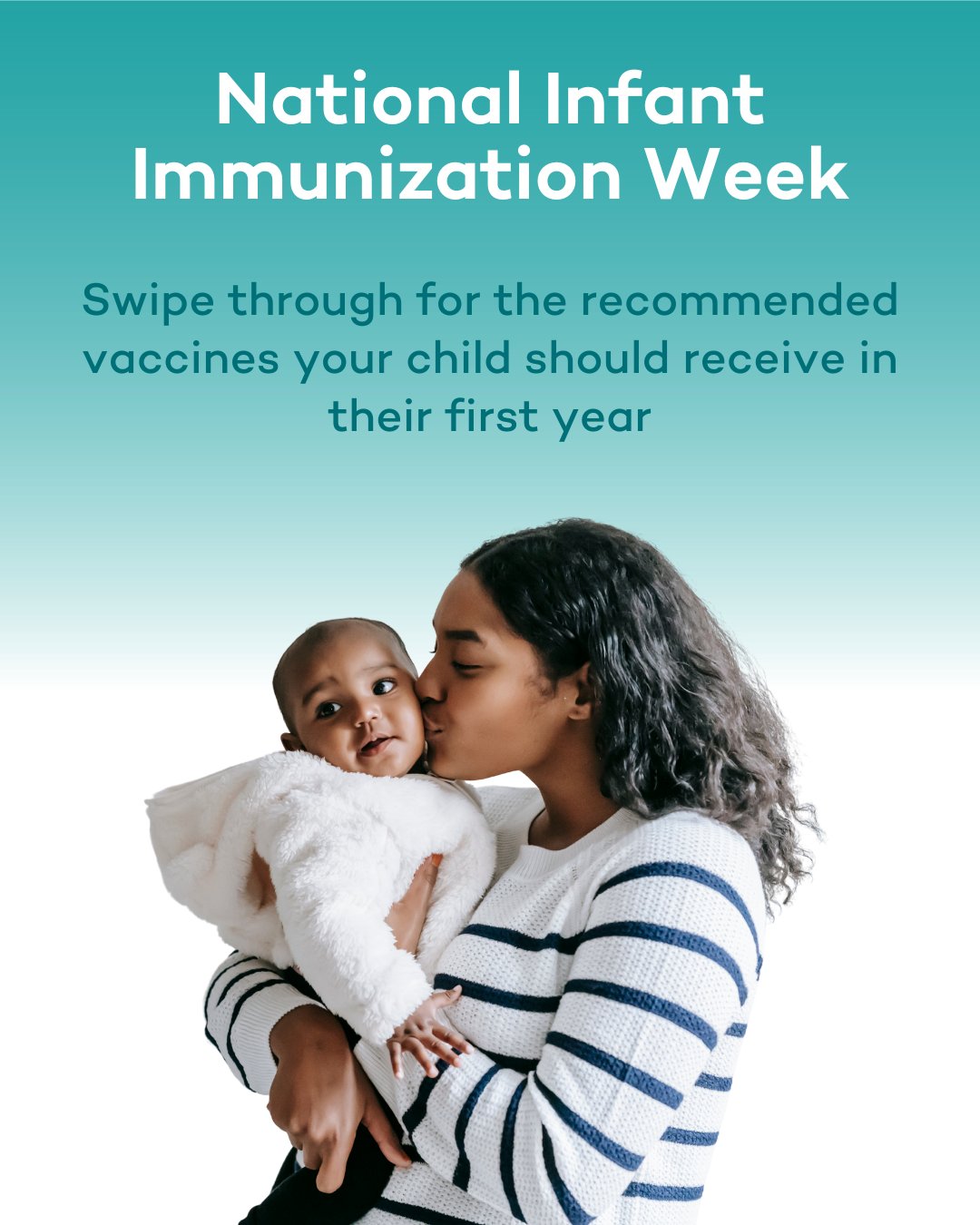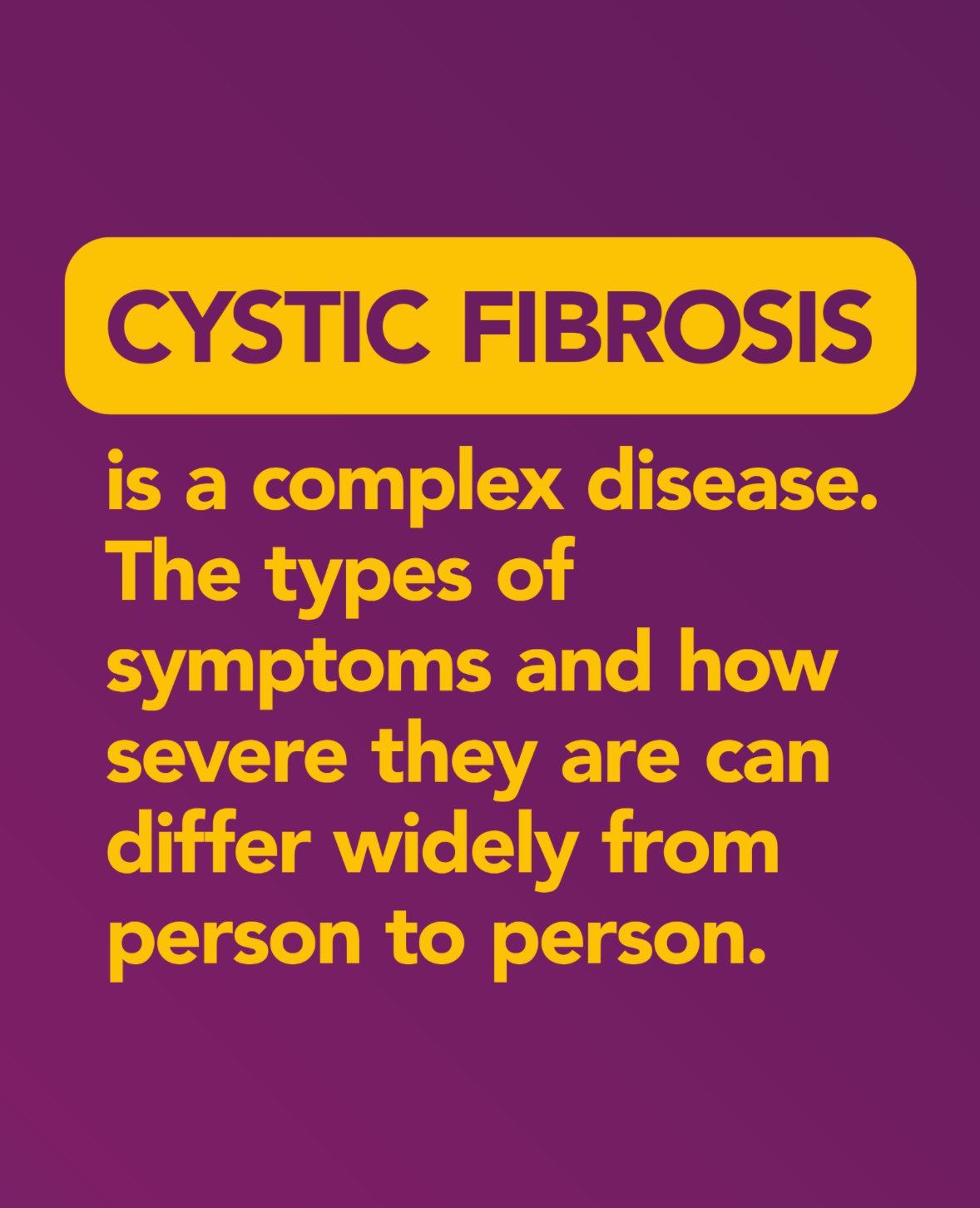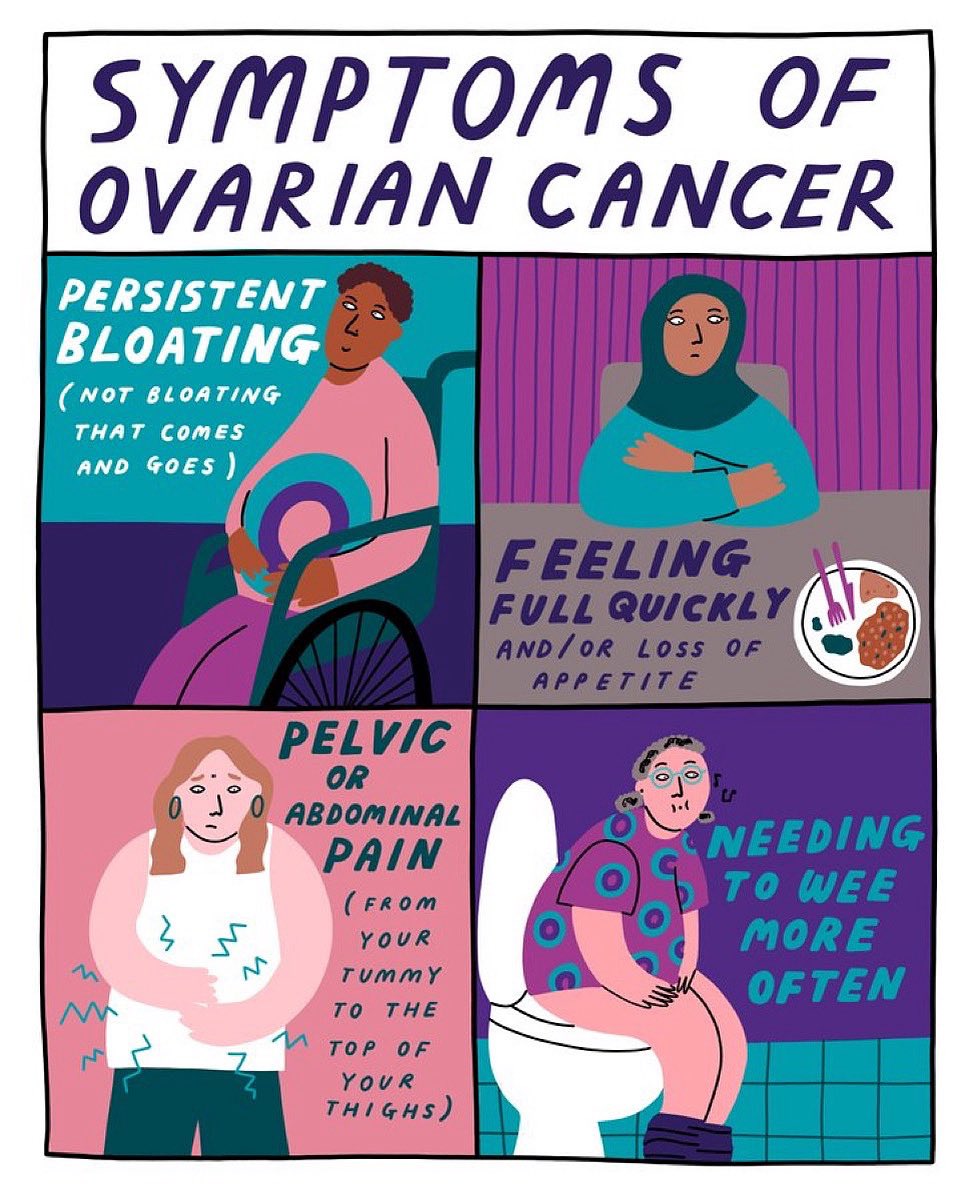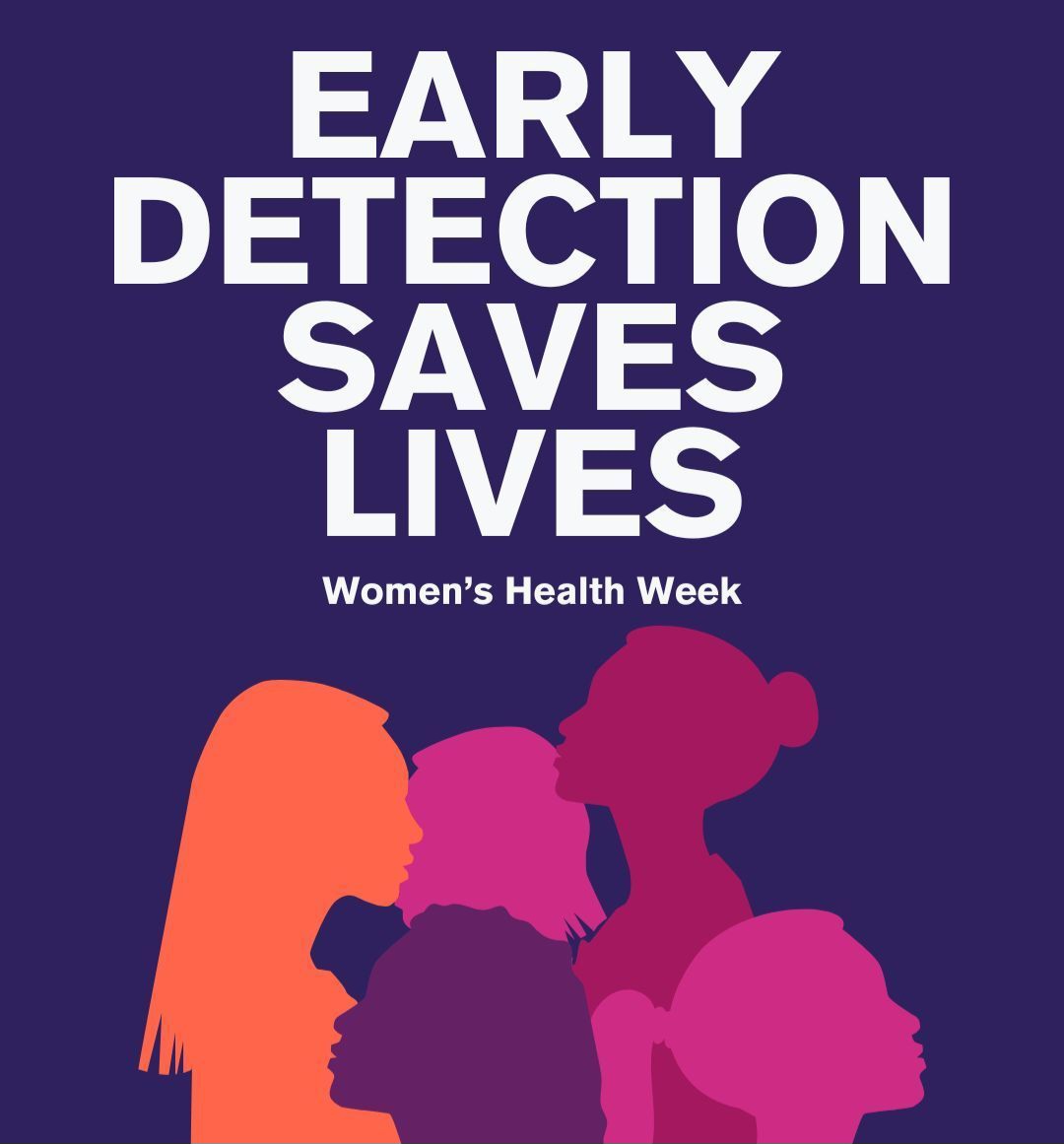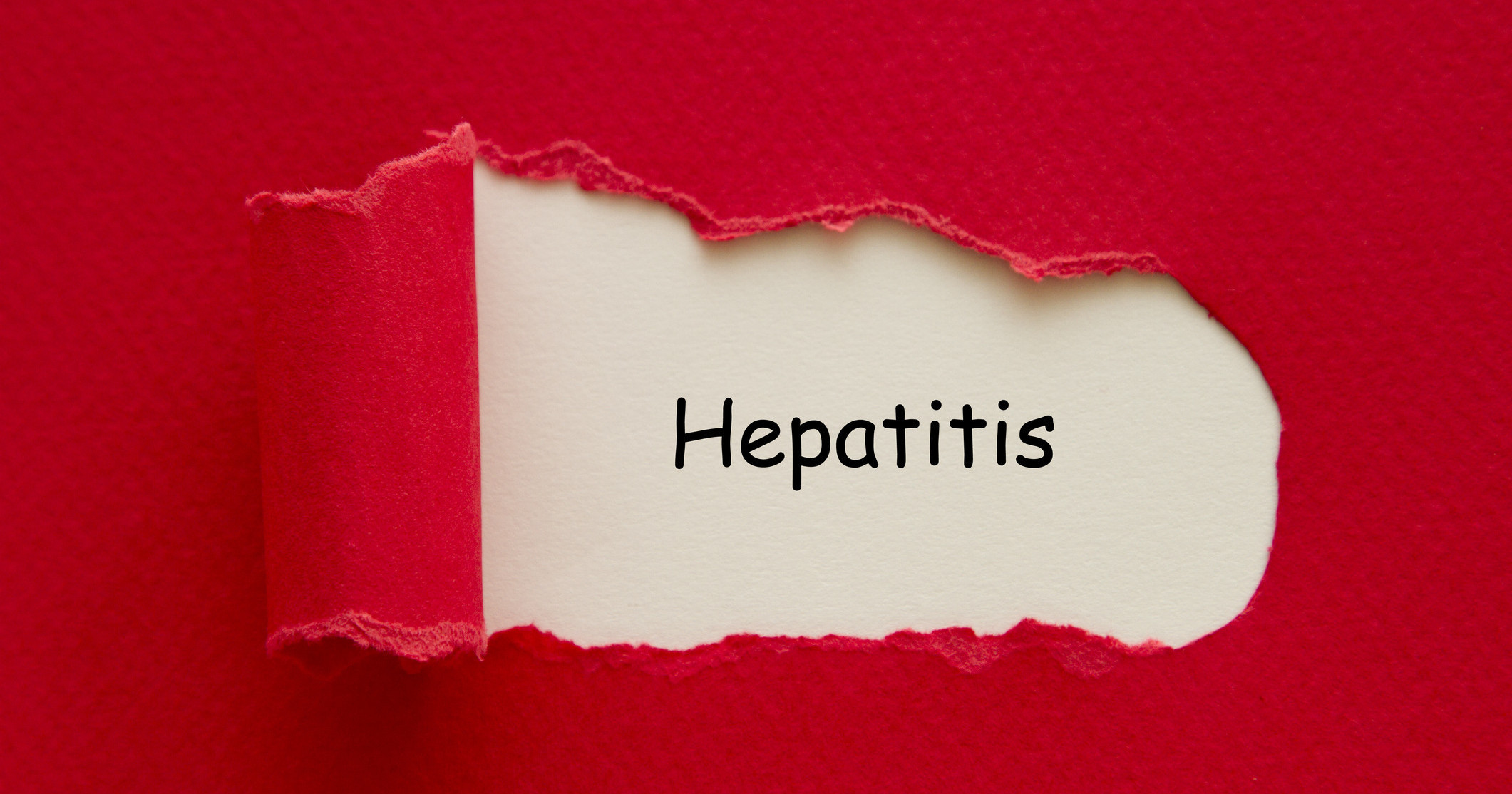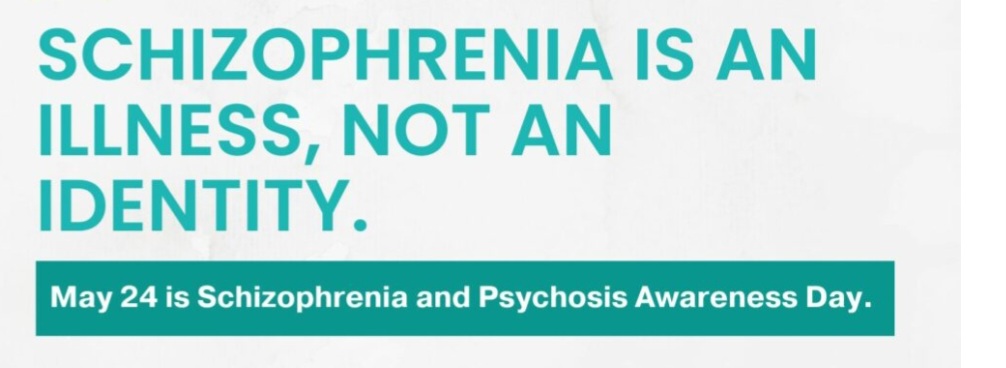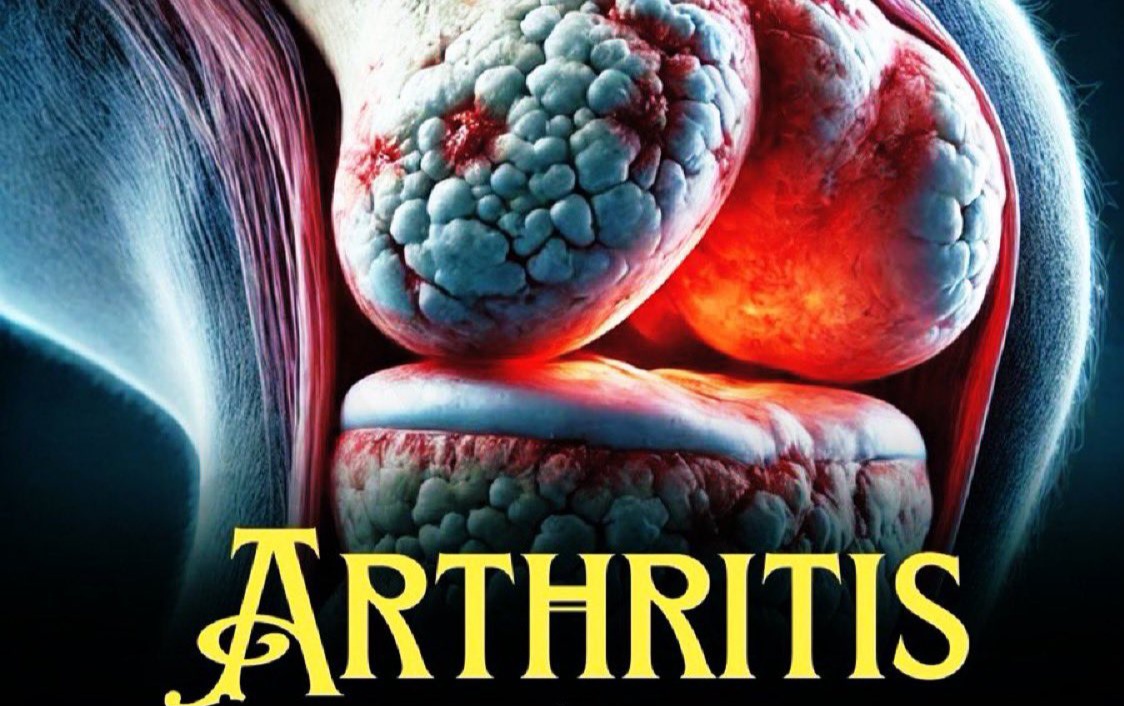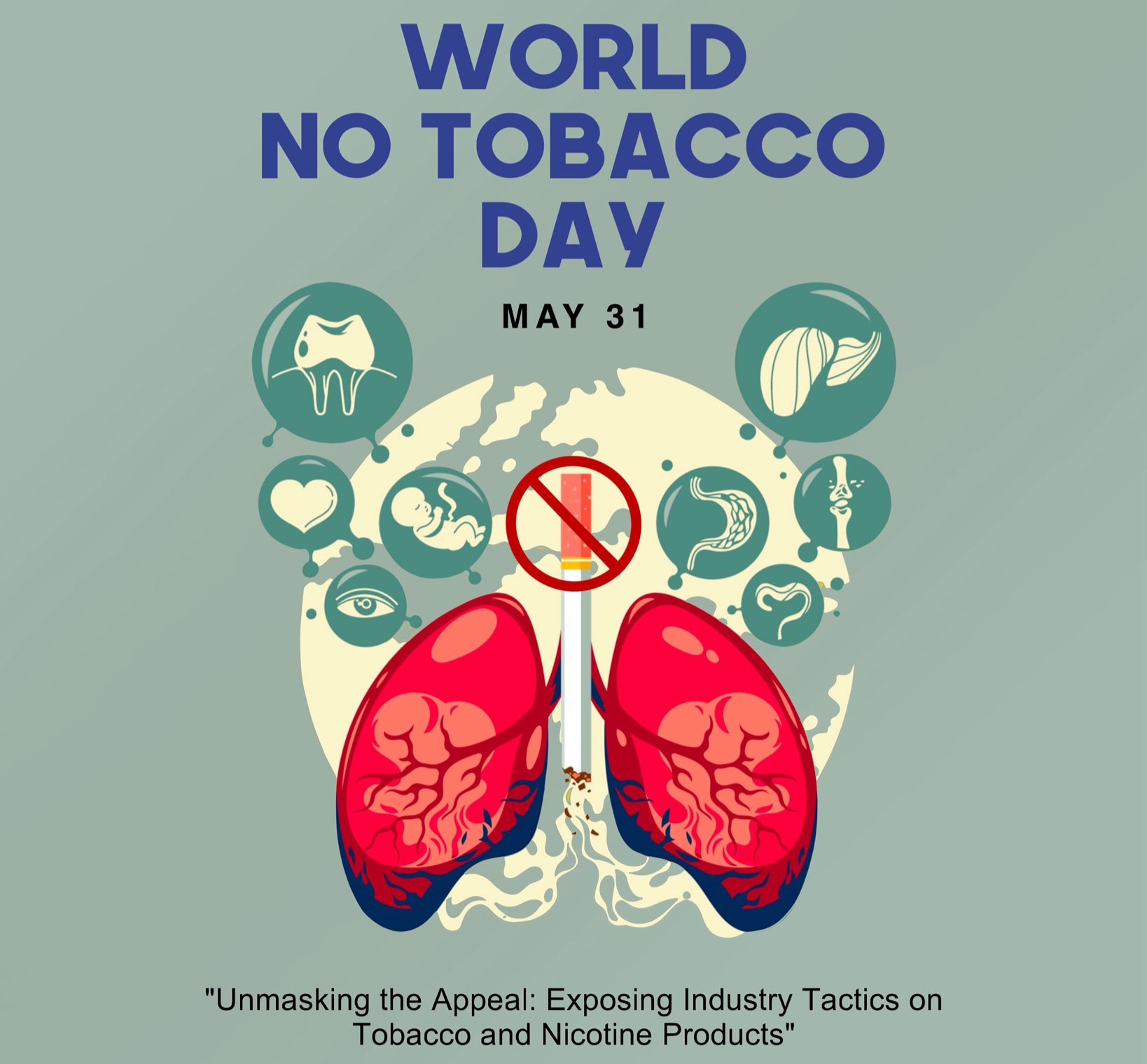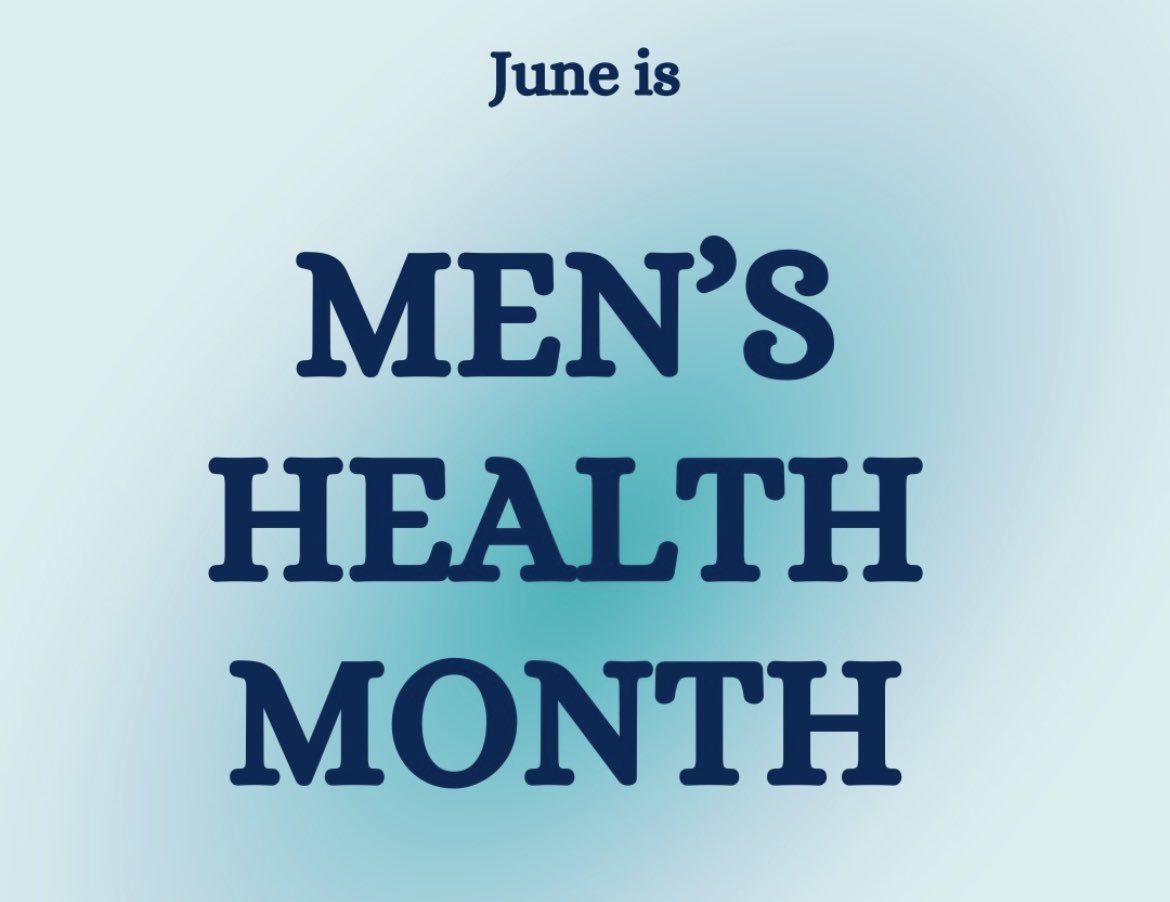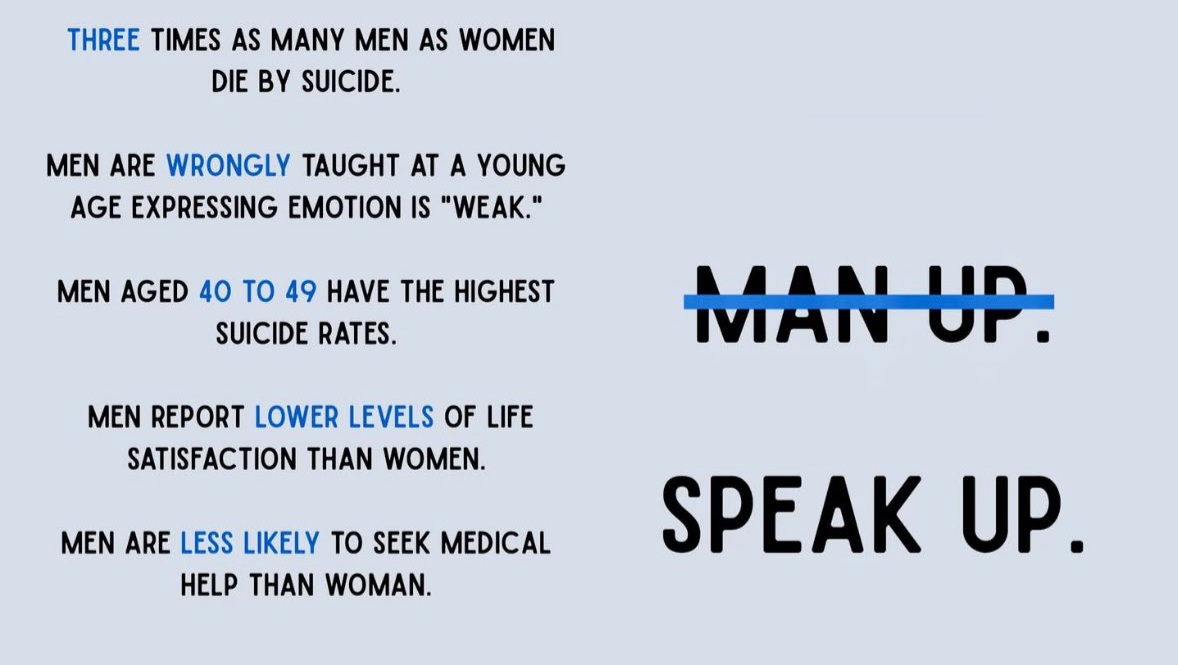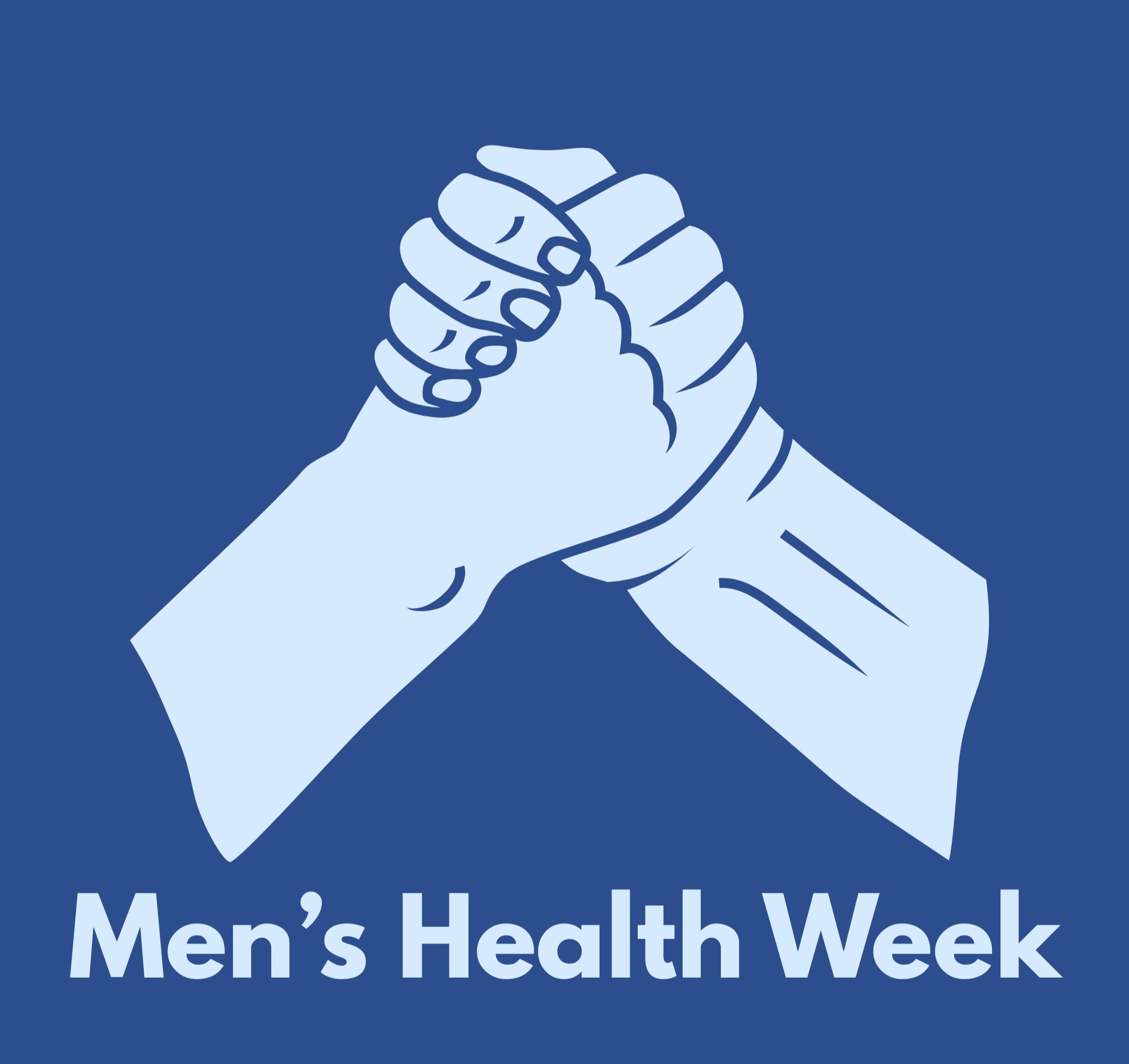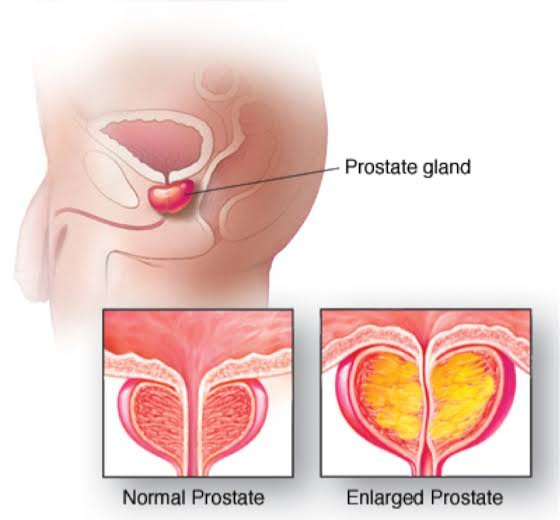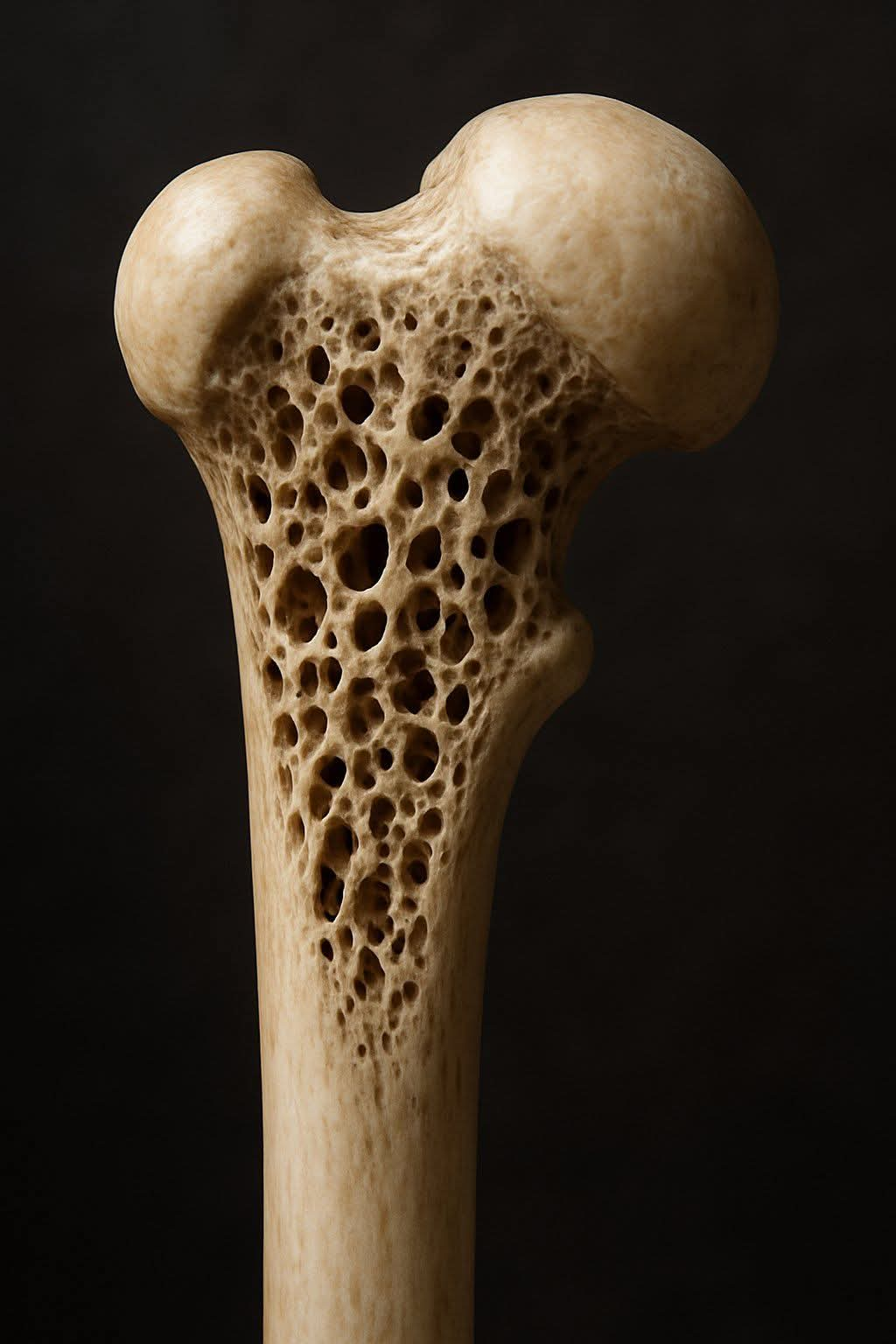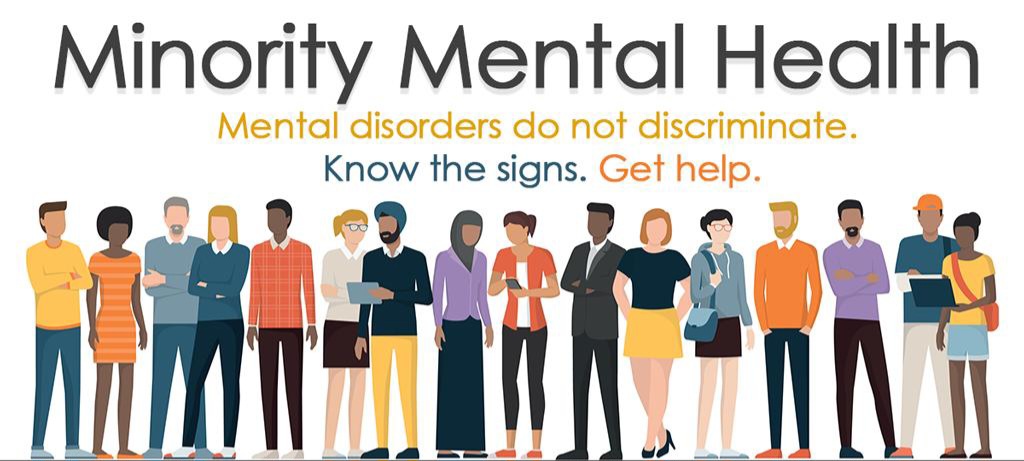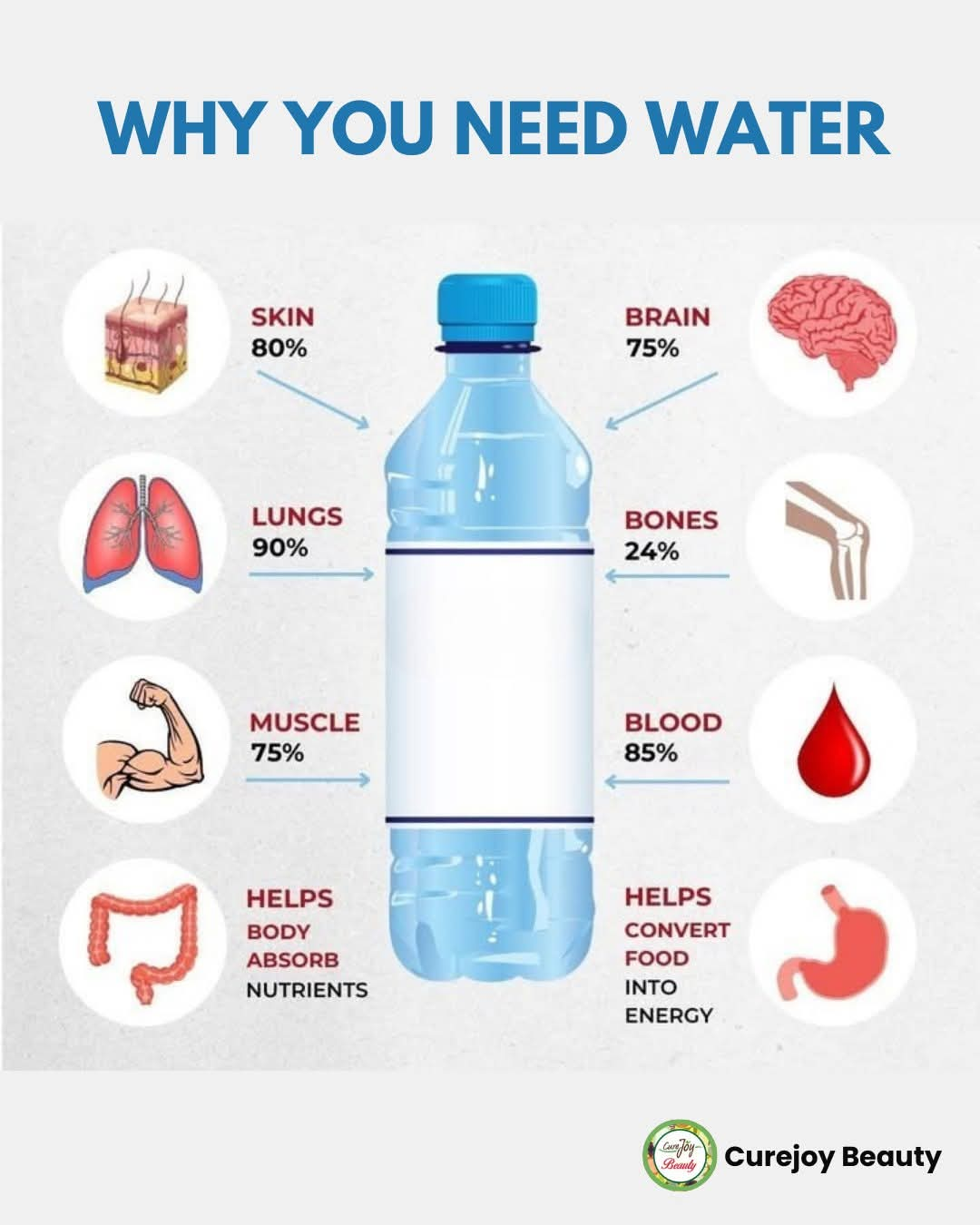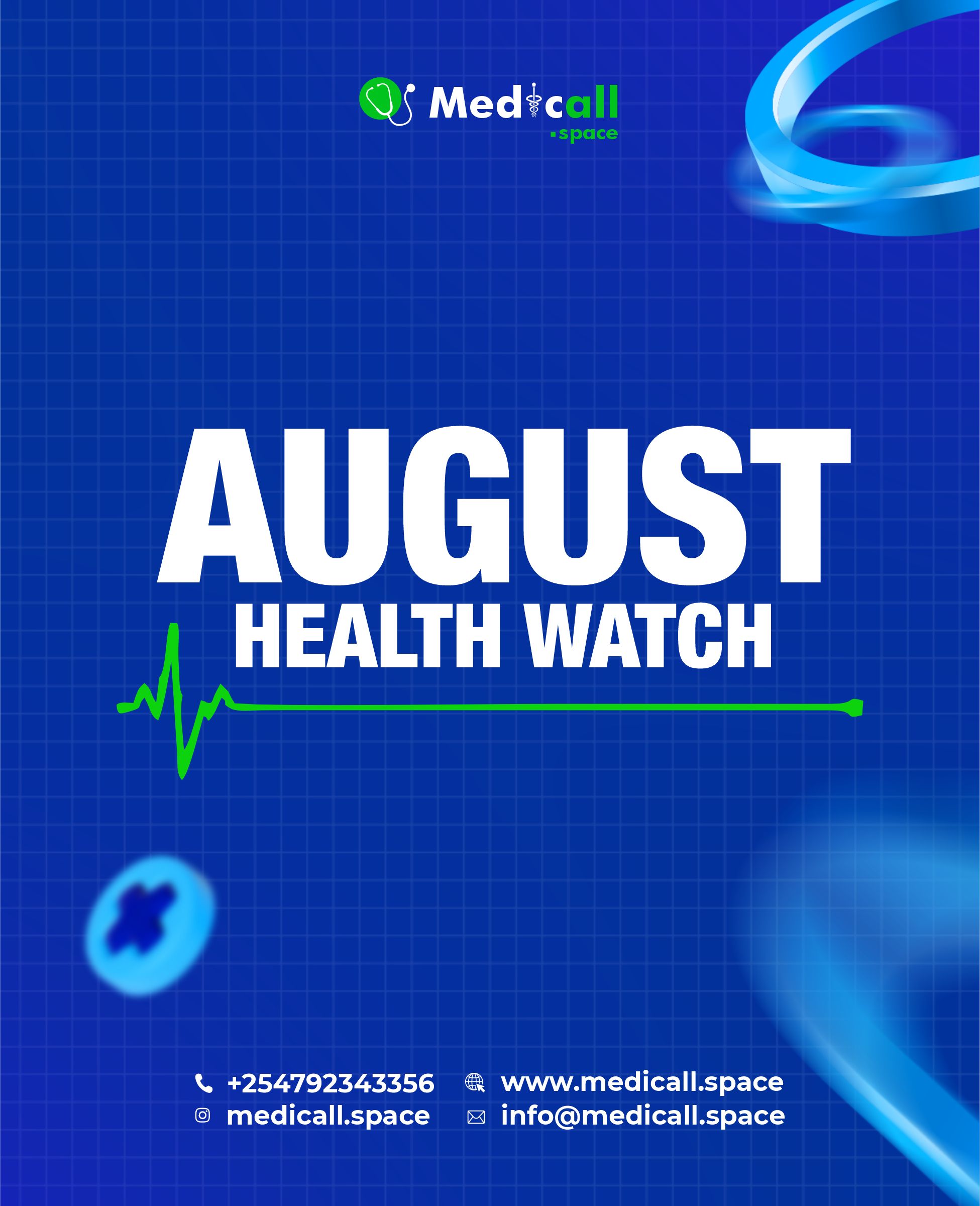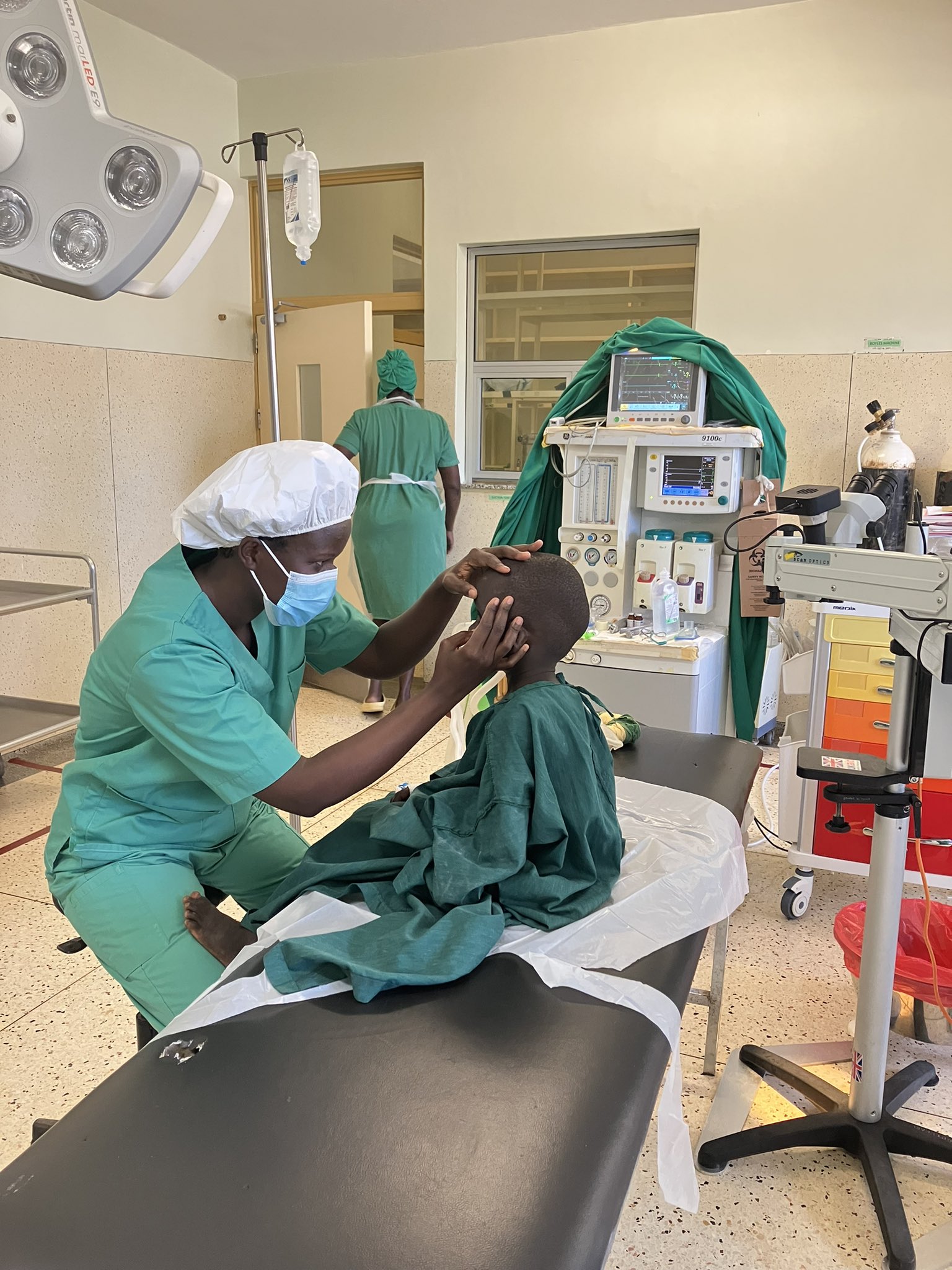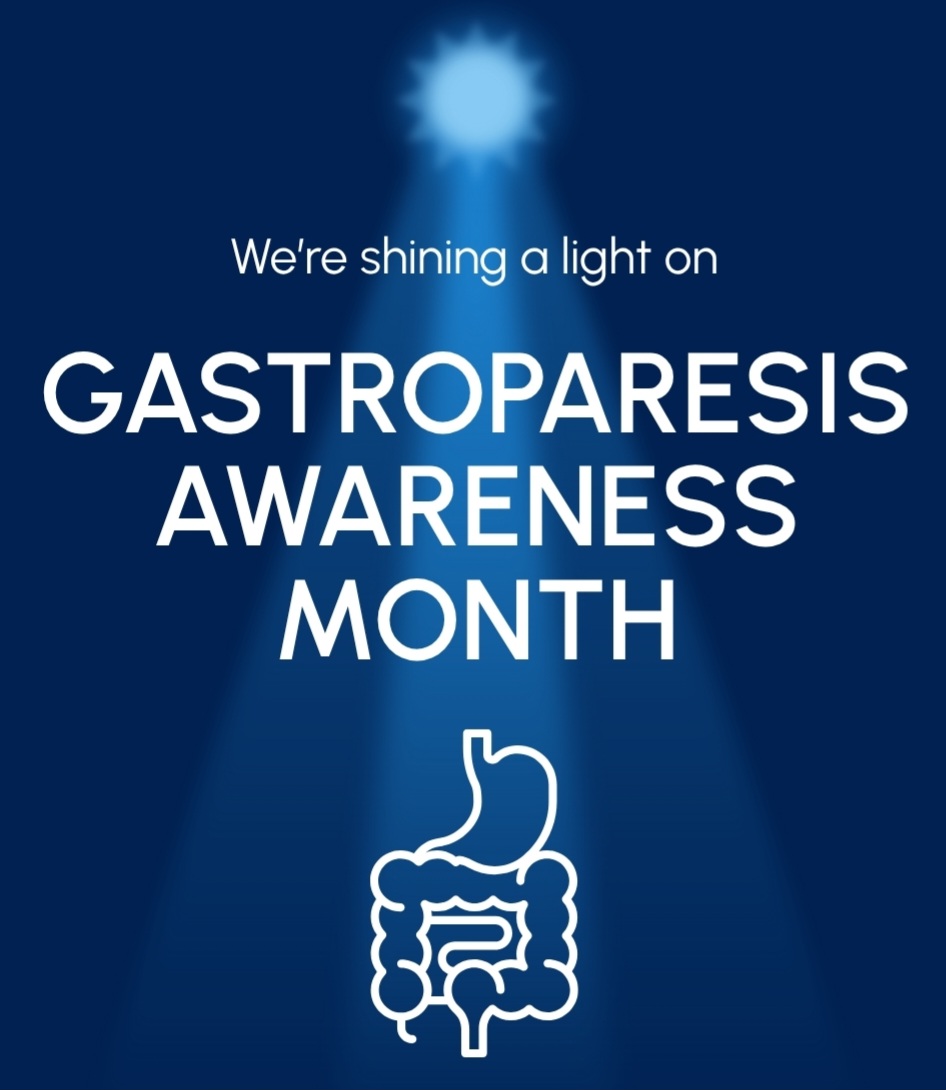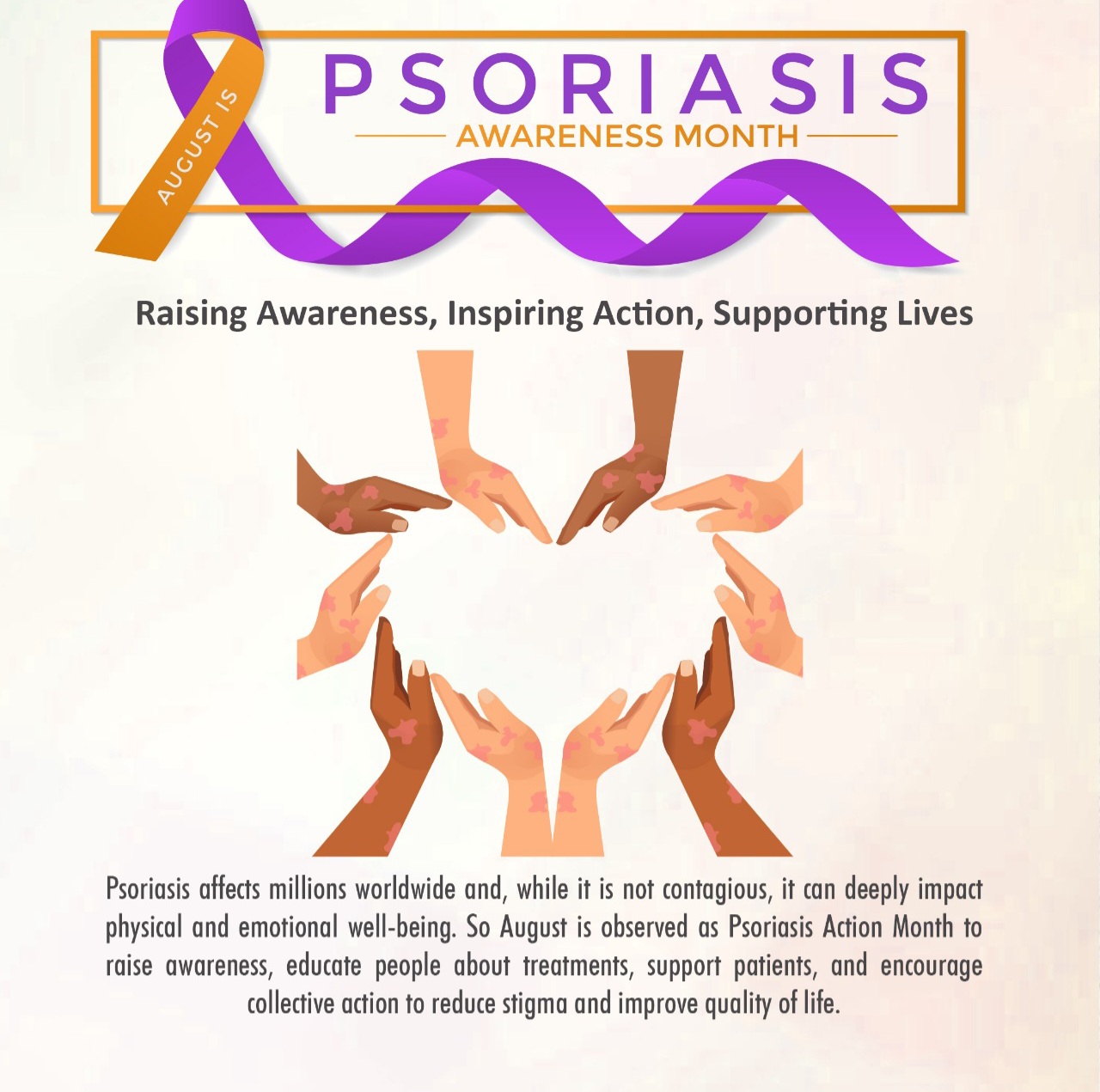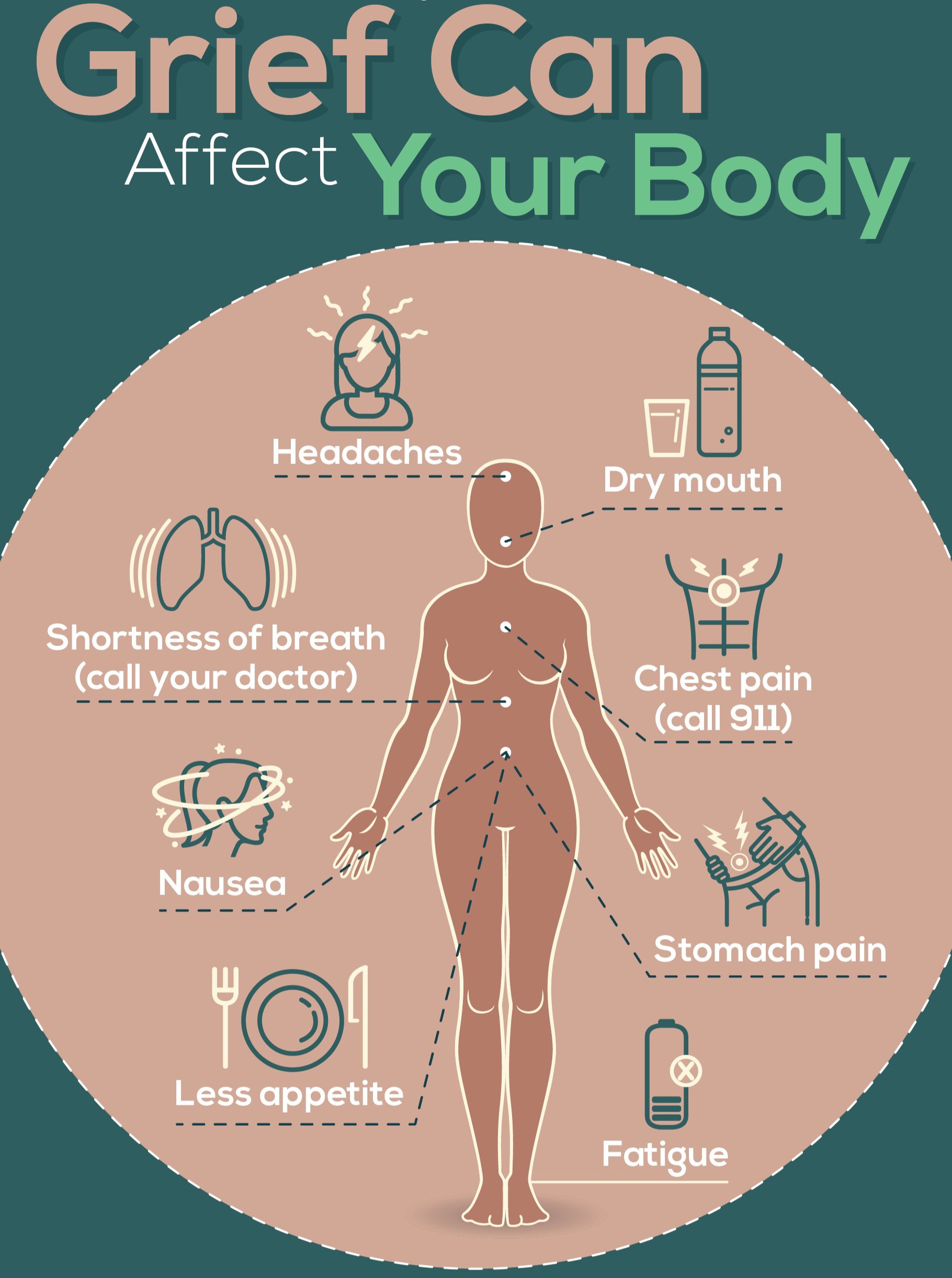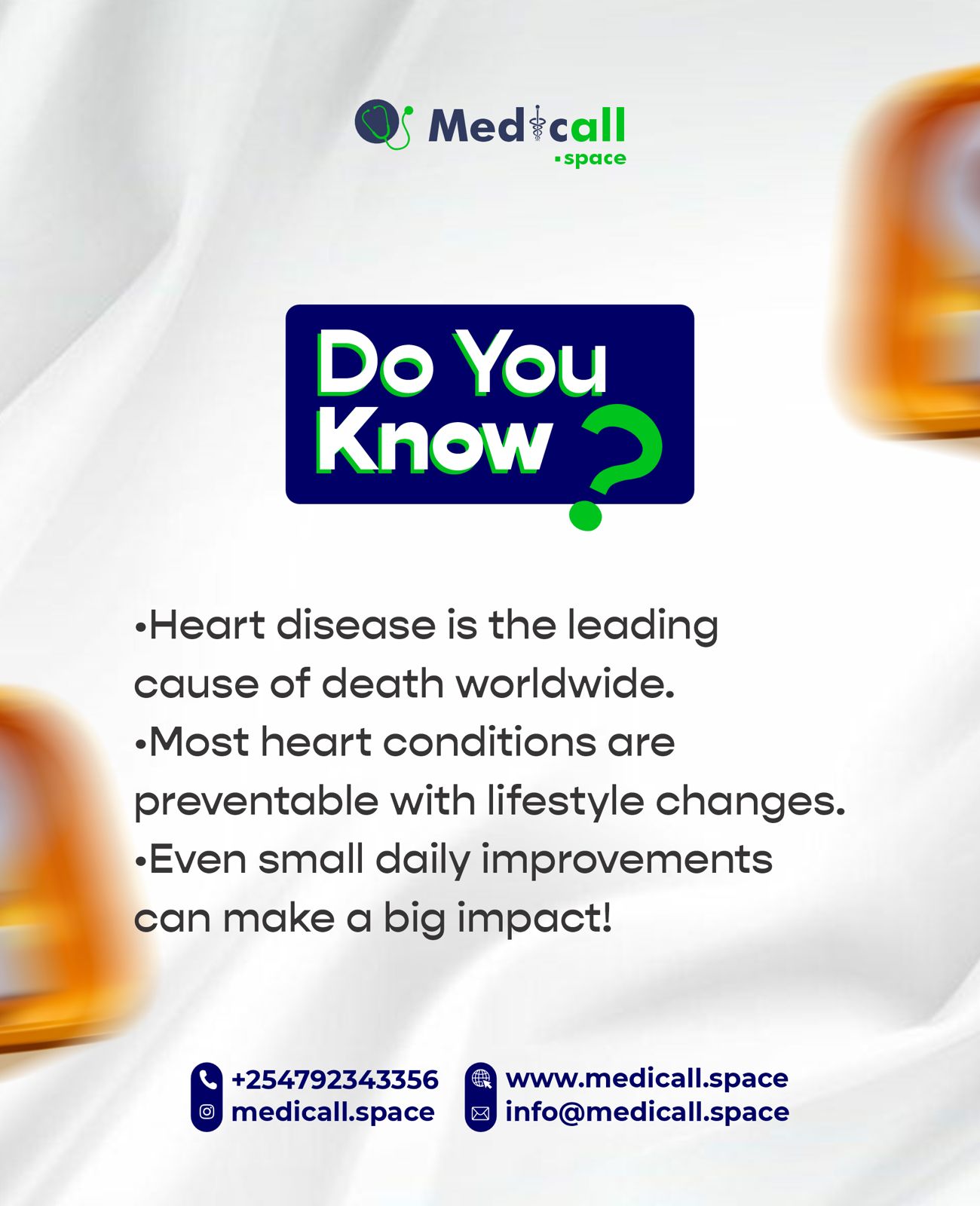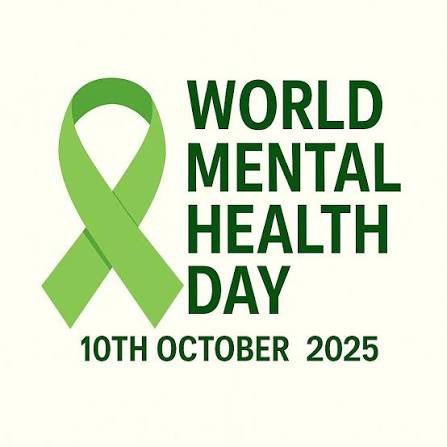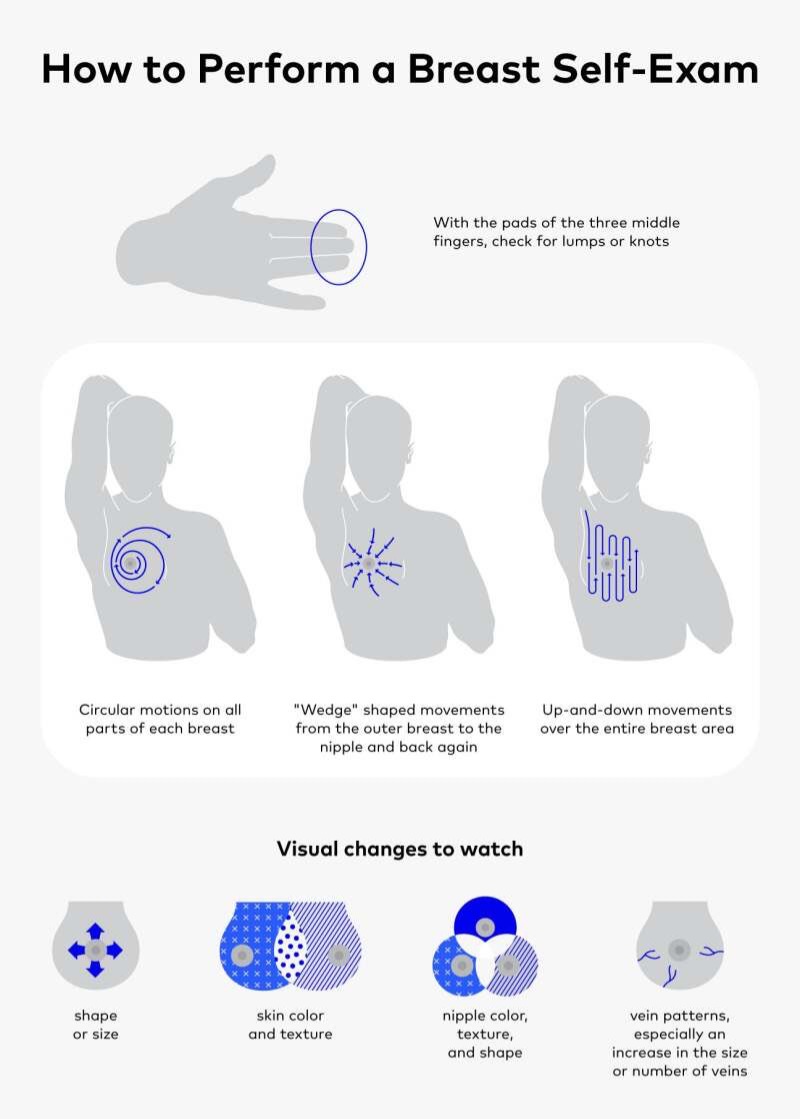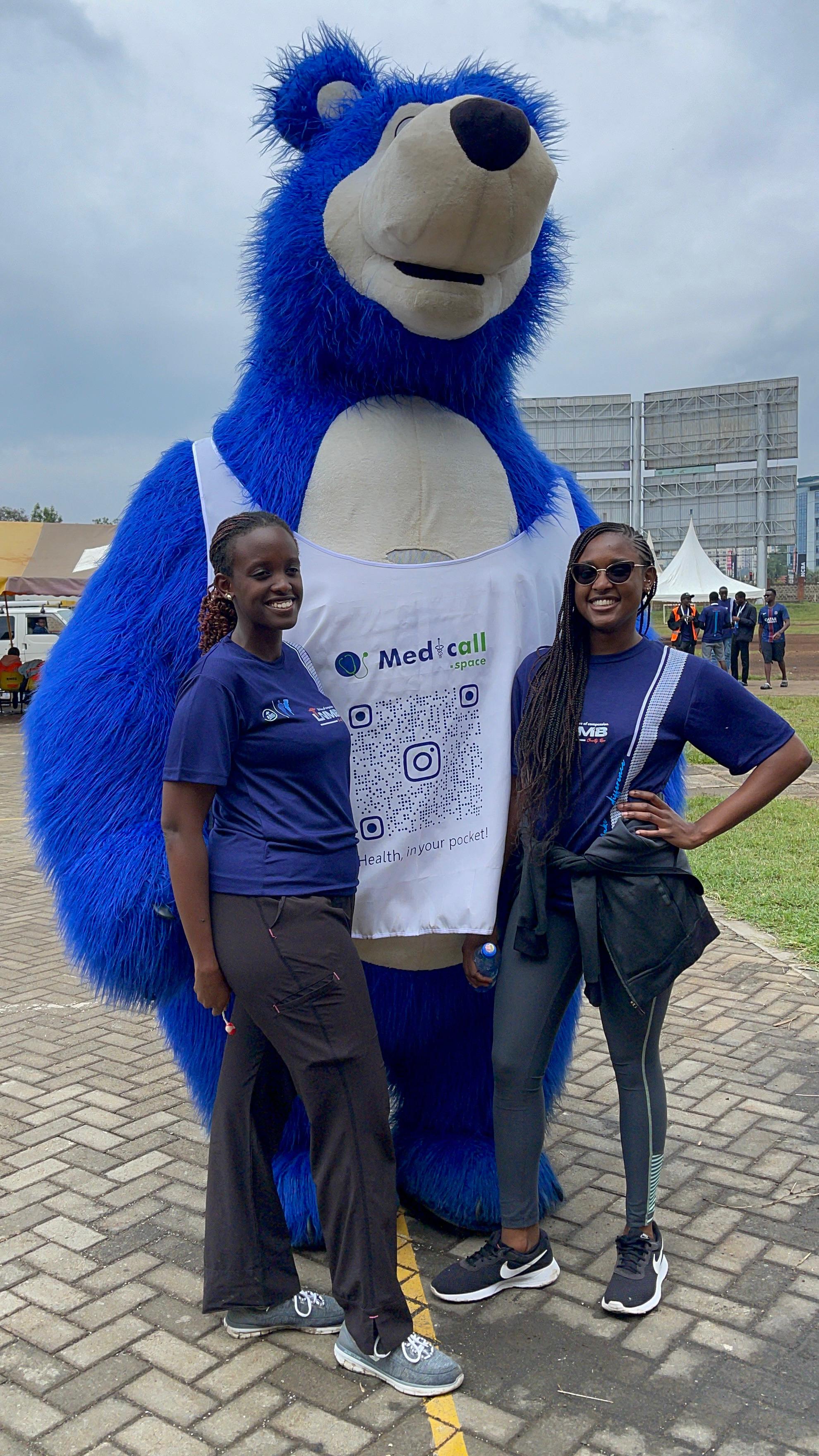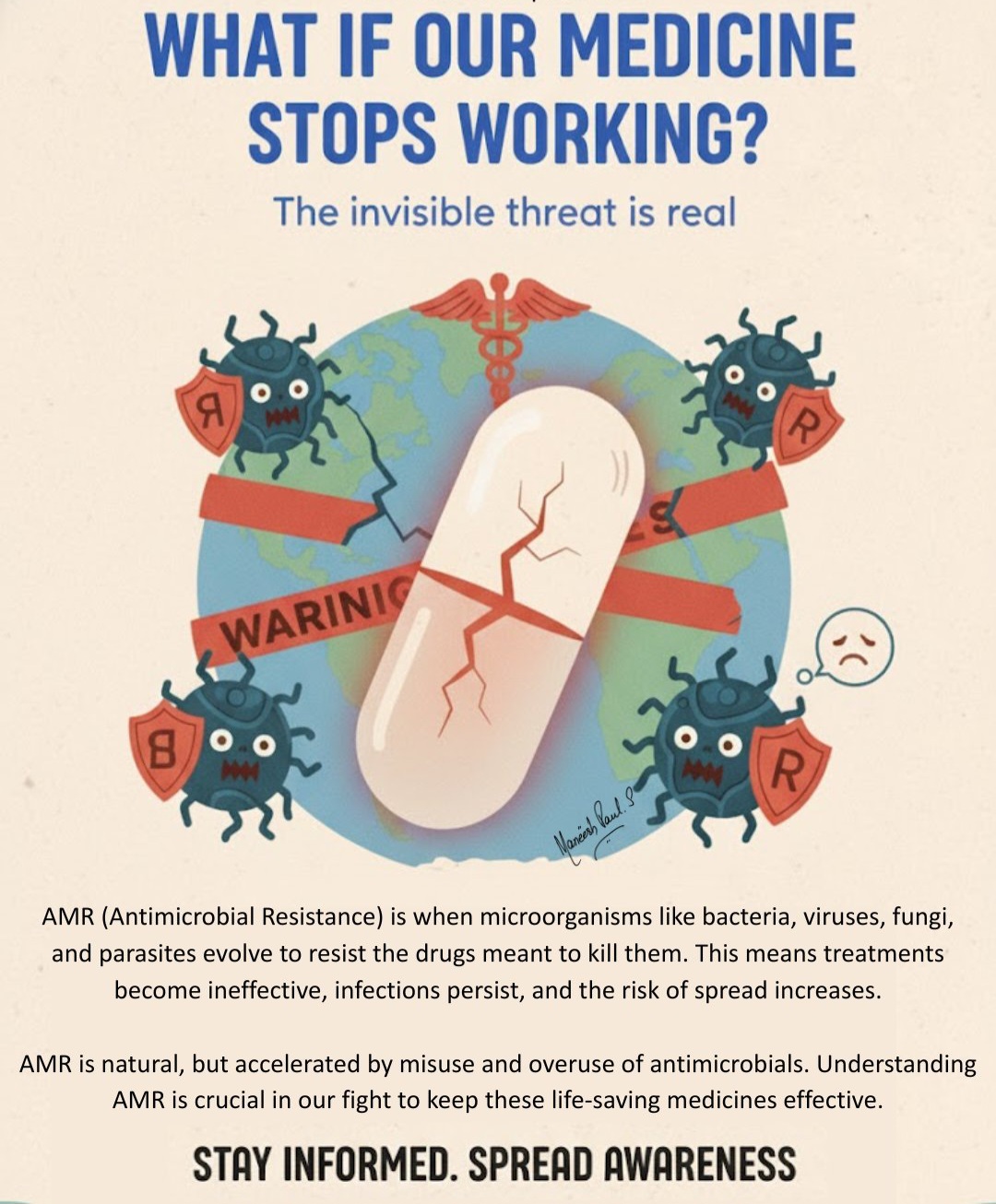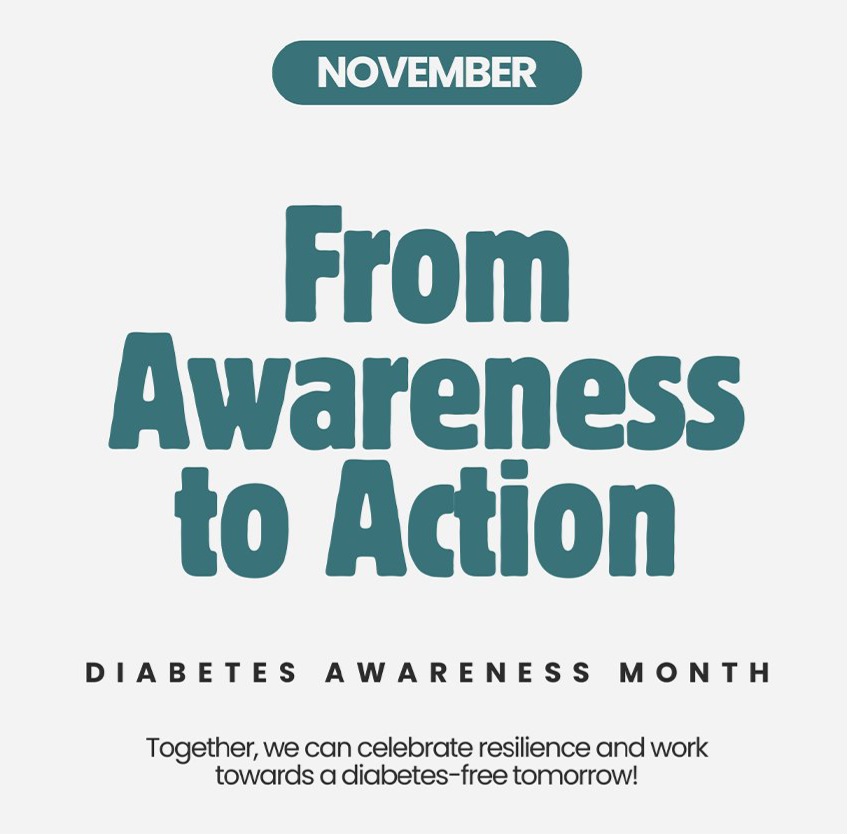Cold Season Focus!
1. Prevent Respiratory Infections During the Cold Weather
July is the coldest month in Kenya, increasing the risk of respiratory illnesses like colds, flu, bronchitis, and pneumonia.
Keep warm, especially vulnerable groups like children, elderly, and people with asthma. Also beware of asthmatic flare ups by always having in-halers within reach.
Avoid overcrowded places to limit airborne infection spread.
Seek early treatment if you experience cough, fever, or breathing difficulty.
Annual flu vaccines can help prevent severe illness in high-risk groups.
2. Maintain Good Nutrition and Immune Support
Cold weather may suppress appetite or lead to poor dietary habits.
Consume a balanced diet rich in Vitamin C (fruits, leafy vegetables), zinc (beans, nuts), and protein.
Include immune-supporting foods like garlic, ginger, turmeric.
Avoid excessive consumption of sugary, fried, or alcohol-based comfort foods.
3. Prevent Malaria and Dengue
Use long-lasting insecticide-treated nets (LLINs).
Remove containers holding standing water near homes.
Get tested and treated promptly if you experience fever, chills or body aches that doesn't improve.
Get prophylactic treatment before travelling to malaria endemic areas( see Tips on Malaria)
4. Prioritize Mental Health (July is Minority Mental Health Awareness Month)
Mental health struggles often worsen with isolation and seasonal changes, but stigma limits access to care in Kenya and East Africa.
Normalize mental health conversations at home and in communities.
Seek counseling through local clinics or call Kenya’s mental health hotline: 1199 (Free).
Practice self-care: sleep well, stay active, interact with people and talk to someone you trust about mental health issues.
5. Maintain Good Hydration and Hygiene
People often drink less water during cold months, leading to dehydration and increased urinary infections.
Drink adequate amount of water daily (adjust for heat/activity)
Wash hands frequently to prevent cold, flu, and diarrhea infections.
Continue mask use and hand hygiene in crowded areas due to COVID-19 or flu co-circulation.
6. Protect Oral and Skin Health During Cold Season
Cold weather worsens tooth sensitivity and gum issues.
The dry air can cause cracked lips, dry skin, and worsened tooth sensitivity.
Moisturize skin daily using petroleum jelly or shea butter.
Avoid prolonged bathing in hot water and or bathing with very hot water. (Lukewarm water is best)
Use soft-bristled toothbrush.
Avoid sugary snacks that increase tooth decay risk.
If you experience persistent tooth pain or bleeding gums, visit a dentist.
7. Support Child Health & Immunization
Children under 5 are more vulnerable to colds, pneumonia, diarrhea, and malnutrition during cold months.
Ensure immunizations are up to date (including PCV and measles).
Continue exclusive breastfeeding up to 6 months.
Warm clothing and safe indoor play are essential for children this cold month.
8. Utilize Mid-Year for Health Screenings
July is a good checkpoint month for personal health evaluations.
Recommended Screenings:Blood pressure, blood sugar (for diabetes), HIV status, Cervical cancer (via VIA/Pap smear for women 25–49), Prostate health for men 40+, BMI checks.
N/B: Take advantage of community outreach events or government-run camps which are common in July.
